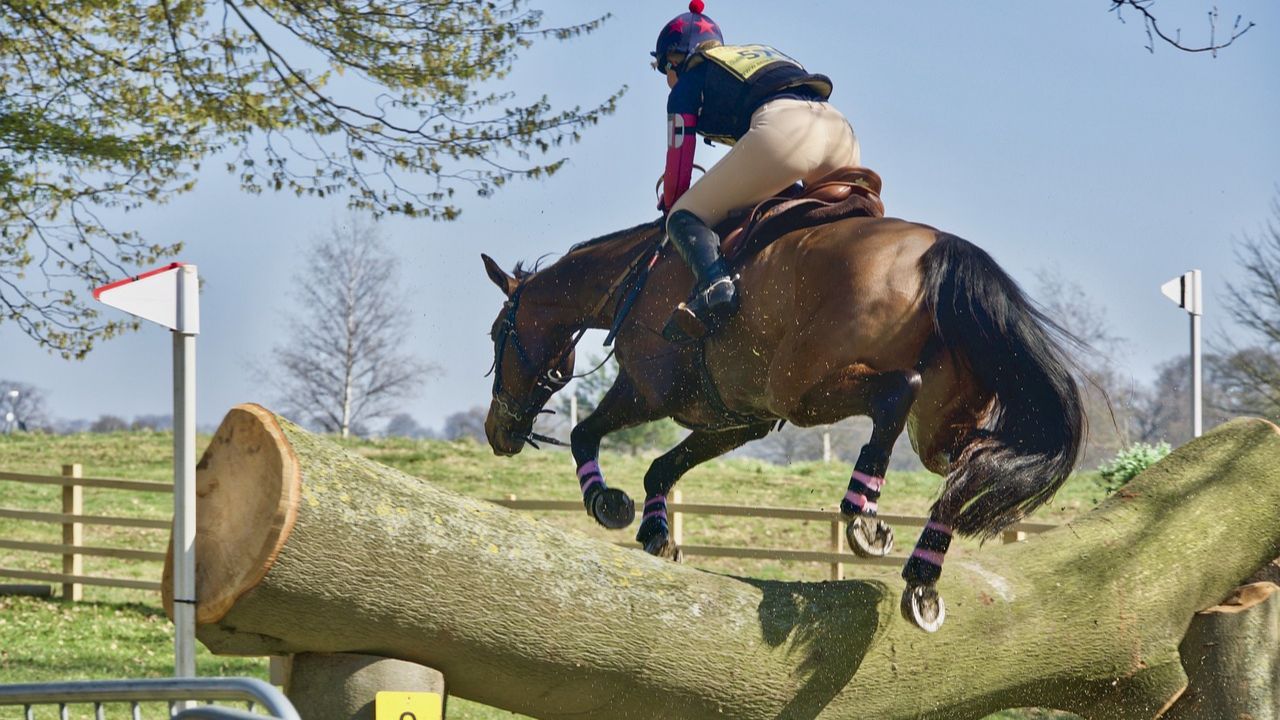
On the way to our goals, we usually always build in or experience at least one, most likely even more, obstacles. Some come out of nowhere, some are almost expected, and others we create ourselves.
How much we are willing to take these hurdles often shows us how strong our goal really is.
Obstacles are not necessarily something bad or exclusively unnecessary. They can have a lot of good impact, but often, we don't see the good until we get a little bit of a distance. But it is a fact that after overcoming or bypassing an obstacle, we feel almost better than accomplishing something without any issues.
It's a big ask for young athletes to understand this concept, but I will still point it out.
When facing an obstacle, like not making a qualification - I know that´s a big one - it is asking for further action, for a new action. If an athlete would just continue doing the same with the same effort, the same tactic, and the exact same training plan, the outcome most likely doesn't change. An obstacle is asking for a change at something. This can include nutrition, a mindset shift, sleep, something else, or all together. Sometimes, an athlete needs to run into a problem to make the next step. Actually, there is not one athlete who has never had a learning curve experience. And that's what obstacles are: chances to grow. Athletes learn not just about overcoming a specific obstacle but also about dealing with problems in general. The next time something similar gets in their way, the hurdle is just a project to be mastered.
It still is annoying running into obstacles, but with a good attitude at most, it will slow athletes down for the moment but doesn't stop them. For the future, there is even a good chance the obstacle will speed up the success and level up the performance. This is what we call "gaining experience." Of course, athletes can also gain experience without hurdles; that is true and it shouldn't get all the time something in the way of a young athlete's career. However, athletes often remember more the obstacles and how they solved the issue than the experiences when everything was “normal.”
There are the obstacles athletes create on their own. We can call them mistakes. This topic deserves its own blog article, but in short, mistakes are part of sport and life and who doesn't make any mistakes, doesn't do much at all. Which is a mistake in itself. I think it is important that we allow young athletes to make mistakes. I am not talking about the ones which are unnecessary, but the little ones which help to learn, to grow and to reach a new level.
Helping young athletes to look at obstacles from a different perspective not just helps to get over it, but also to tackle it, will make it easier when the next one comes around. It might be a good early indicator about how strong their athletic desire is to go through a harder time, tackling a not so simple task, or being willing to work on the things that don't come as easy.
One last important point in this theme is that it´s not only about learning and realizing how things work but also to experience what doesn't work. Eliminating elements that don't lead to success is at least as important. This can be as simple as realizing that it doesn't work, when the athlete doesn't rest. Recovery is part of every training plan, and especially young excited athletes tempt to skip to rest. If this is the case, let them learn and point it out at the fitting moment.
Do you have a Dream? Keep going towards it :)
Related Articles: Struggling Exists
WHAT DOES AN ATHLETE NEED TO SUCCEED?
Not just one thing makes successful athletes, but a few in combination. Get the list of THIRTEEN by signing up below.
If you are an athlete, please let your parents know you got this list.







